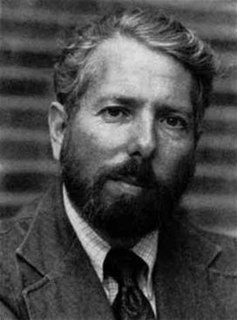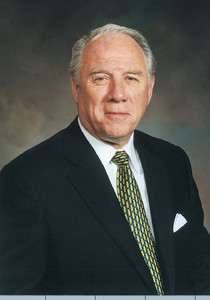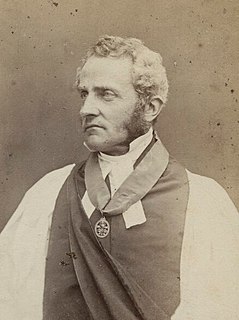A Quote by Billy Graham
A true Christian, living an obedient life, is a constant rebuke to those who accept the moral standards of this world.
Related Quotes
When we call something unfair or indecent or unconscionable or evil, when we speak of mercy and pity and compassion, those words have meaning, regardless of our particular faith or moral philosophy. They appeal to common standards we all are expected to understand and accept, standards without which we could not live any common life at all.
If we would accept heaven's life, we need by all means to live in the world and to participate in its duties and affairs. In this way, we accept a spiritual life by means of our moral and civic life; and there is no other way a spiritual life can be formed within us, no other way our spirits can be prepared for heaven. This is because living an inner life and not an outer life at the same time is like living in a house that has no foundation, that gradually either settles or develops gaping cracks or totters until it collapses.
Although a person acting under authority performs actions that seem to violate standards of conscience, it would not be true to say that he loses his moral sense. Instead, it acquires a radically different focus. He does not respond with a moral sentiment to the actions he performs. Rather, his moral concern now shifts to a consideration of how well he is living up to the expectations that the authority has of him.
By "moral discipline," I mean self-discipline based on moral standards. Moral discipline is the consistent exercise of agency to choose the right because it is right, even when it is hard. It rejects the self-absorbed life in favor of developing character worthy of respect and true greatness through Christlike service.
Reprimand and rebuke should be accepted as healing remedies for vice and as conducive to good health. From this it is clear that those who pretend to be tolerant because they wish to flatter---those who thus fail to correct sinners---actually cause them to suffer supreme loss and plot the destruction of that life which is their true life.
Life itself, however, flows and is sequential and punishes those who try to compartmentalize it. Thus if, for any reason whatsoever, moral standards are conspicuously and unprecedentedly breached in one area of society, such as the political, it will follow as the night the day that those standards will start collapsing all down the line-in sports, entertainment, education, the armed forces, business and government.
There can be, therefore, no true education without moral culture, and no true moral culture without Christianity. The very power of the teacher in the school-room is either moral or it is a degrading force. But he can show the child no other moral basis for it than the Bible. Hence my argument is as perfect as clear. The teacher must be Christian. But the American Commonwealth has promised to have no religious character. Then it cannot be teacher.
It is true that we have not deliberately or wholly abandoned the Christian element in our tradition, but does that element count with us as it once did? Is the moral tone of the nation - its politics, its business life, its literature, its theatre, its movies, its radio networks, its television stations - Christian?





































